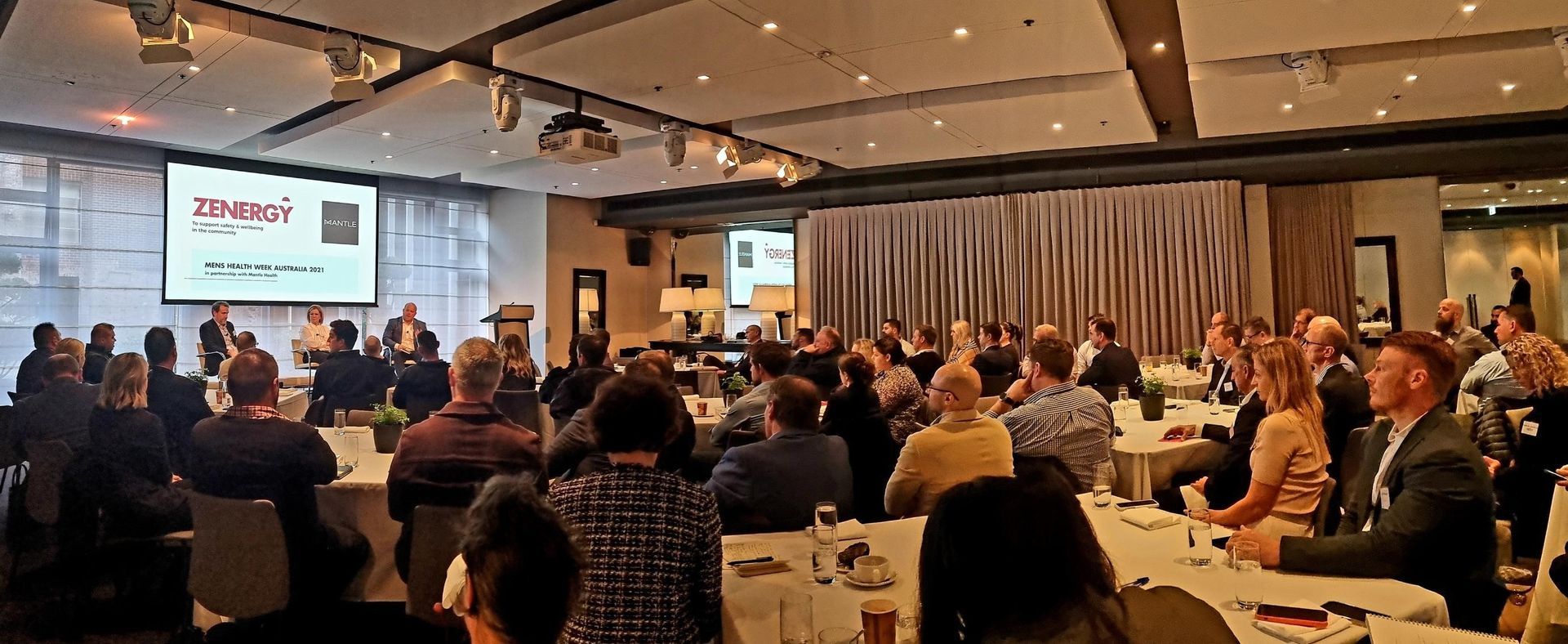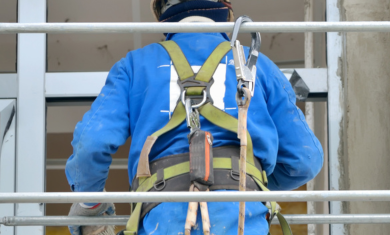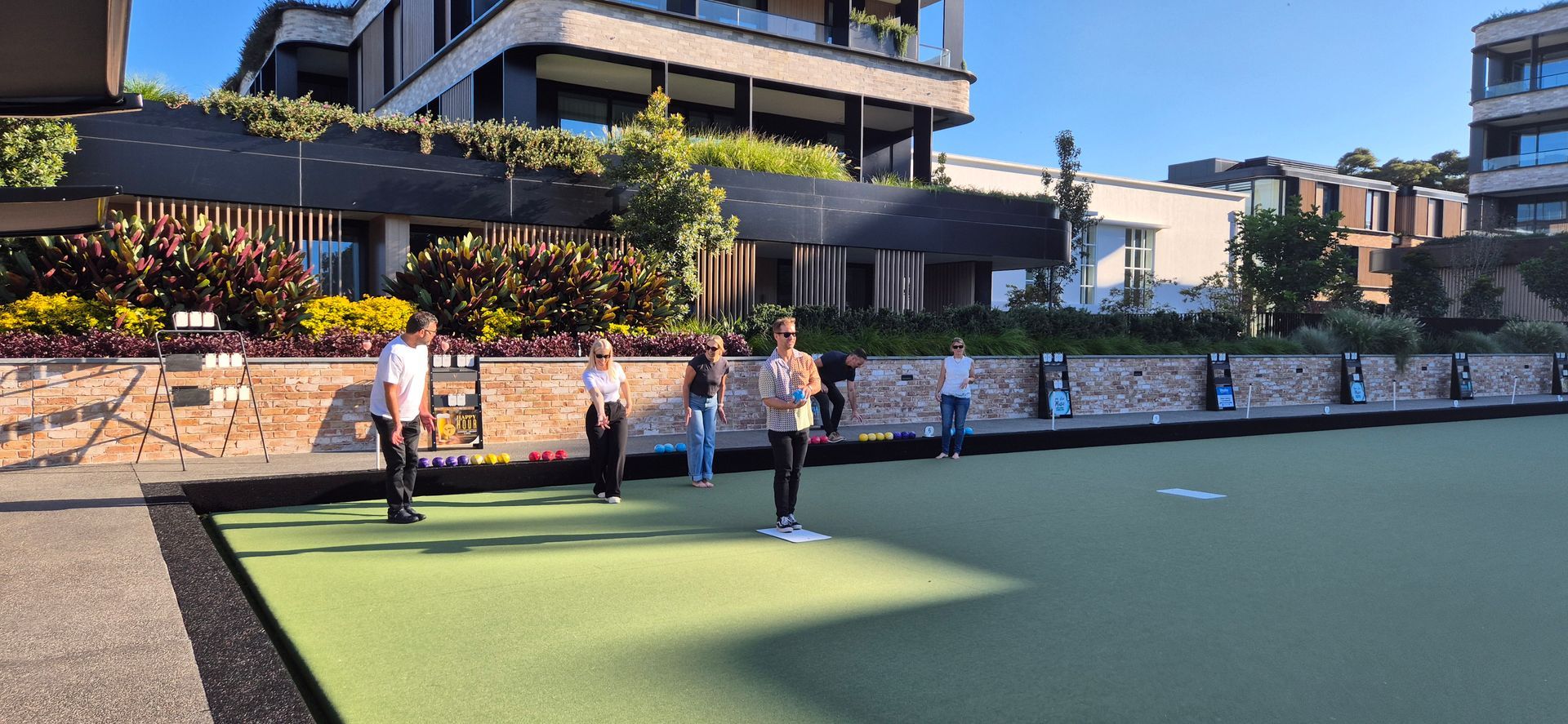Can you accrue and take leave while on workers comp?
A perennially common question to WorkplaceOHS relates to the taking and accruing of various forms of paid leave while an employee is absent on workers compensation. Often, the employer would like to take the opportunity to send the employee on paid leave during this time, so as to lower his/her accrued annual leave and long service leave balances.
However, this approach may not be possible in every state and territory depending on the relevant workers compensation legislation and, in the case of long service leave, the relevant long service leave legislation. The Fair Work Act 2009 also restricts the taking and accruing of paid leave during an employee’s absence on workers compensation.
This article explains the legality of taking and accruing paid and unpaid leave during this time.
Taking and/or accruing paid and unpaid leave — Fair Work Act
The Fair Work Act (s130) states that an employee is not entitled to take any paid or unpaid leave (except unpaid parental leave) or accrue any paid or unpaid leave provided under the National Employment Standards (NES) during a period when the employee is absent from work because of personal illness or injury, for which the employee is receiving workers compensation, unless provided otherwise by the relevant Commonwealth, state or territory workers compensation law. The absence does not break an employee’s service with the employer, meaning service prior to and subsequent to the absence on workers compensation is taken into account when calculating an employee’s accrual of leave.
The following paid and unpaid leave entitlements under the NES are affected by s130 of the Act:
– annual leave
– paid personal/carer’s leave
– unpaid carer’s leave
– paid and unpaid compassionate leave
– public holidays
– award-derived long service leave terms (derived from pre-reform federal awards)
– unpaid community service leave
– jury service make-up pay
As mentioned previously, the Fair Work Act (s130(3)) provides that an employee is entitled to take a period of unpaid parental leave during an absence on workers compensation.
Annual leave
Some workers compensation laws refer to the interaction of certain paid leave (eg annual leave, public holidays and long service leave) with payments of workers compensation. The majority of state and territory workers compensation laws do not make any specific provision regarding the accrual or taking of annual leave during an employee’s absence on workers compensation.
Currently, workers compensation legislation in Queensland allows for the accrual AND taking of annual leave during an employee’s absence on workers compensation. See Workers’ Compensation and Rehabilitation Act 2003 (Qld) (s119A).
In Victoria, the relevant workers compensation legislation allows an employee to take annual leave (but not to accrue annual leave) during an absence on workers compensation, operative from 1 January 2010. See the Accident Compensation Act 1985 (Vic) (s97).
Other workers compensation laws — judicial review
The wording of some state workers compensation legislation has created conjecture on this issue.
Example
The Workers’ Compensation Act 1987 (NSW) (s49) provides that a workers compensation benefit continues unaffected if the worker receives any payment, allowance or benefit for holidays, annual or long service leave under any Act, agreement or award (or under the worker’s contract of employment).
This has previously been interpreted by government authorities in that state to mean the NSW workers compensation legislation overrides the Fair Work Act, meaning an employee can take annual leave during an absence on workers compensation.
It has been the view of employers, however, that the NSW workers compensation legislation ‘accommodates’ an entitlement to take paid annual leave, but does not ‘permit’ the taking of annual leave. This means that because the Fair Work Act does not bestow an entitlement to take or accrue annual leave during an absence on workers compensation, the wording of the NSW workers compensation legislation is irrelevant. The relationship between s130 of the Fair Work Act and s49 of the NSW Workers’ Compensation Act has not been determined by the courts, although it should be noted that a matter on this particular issue has been listed to be heard in February 2014 before the Federal Circuit Court.
Similar wording to the NSW legislation exists in the WA workers compensation legislation.
Public holidays
An employer may be unsure regarding payment for any public holiday if they refer to the public holidays provisions in the relevant workers compensation legislation (eg NSW workers compensation legislation). Because of the provisions of the Fair Work Act (s130), an employee who is absent from work and receiving workers compensation is NOT entitled to receive payment for the public holiday, unless otherwise provided by the relevant workers compensation law. At this stage, no state or territory workers compensation law bestows an entitlement to payment for a public holiday that would override the provisions of the Fair Work Act.
Long service leave
Accrual of leave
State and territory long service leave legislation is excluded from the operation of the Fair Work Act (s27). This means the accrual of long service leave during an employee’s absence on workers compensation is dependent on the relevant state or territory legislation. Consequently, the accrual of long service leave during workers compensation may vary depending on the jurisdiction.
Example
Under NSW and Qld legislation, an employee continues to accrue long service leave during an absence on workers compensation; whereas, under Vic legislation, an employee ceases to accrue long service leave when an absence from work exceeds 48 weeks in any year on account of illness or injury. Therefore, you should refer to your state or territory long service leave legislation to establish an employee’s accrual of long service leave during his/her absence on workers compensation.
Taking leave
Most state and territory long service leave statutes do not make specific reference with respect to sending, or the employee requesting, a period of long service leave when an employee is absent on workers compensation.
Under the Long Service Leave Act 1976 (Tas) (s12(2)), an employee is not required to take long service leave during a period of workers compensation.
National Employment Standard
The NES preserves award-derived long service leave terms. These are long service leave terms previously provided under a pre-reform federal award. Such terms were common to federal awards operating in the metal industry, printing industry, food preserving industry, vehicle industry and the meat industry. Because the Fair Work Act (s130) prevents the accruing or taking of any paid (including long service leave under the NES) or unpaid leave (other than unpaid parental leave) that is provided under the NES during an employee’s absence on workers compensation, an employee could not take or accrue long service leave that is an award-derived long service leave term.
This article was originally posted on Workplace OHS a part of NSW Business Chamber – Australian Business Consulting and Solutions has a dedicated team of WHS/OHS experts who can assist you with your specific WHS/OHS issues and problems.
Contact Us
We will get back to you as soon as possible.
Please try again later.
Zenergy News



Contact Us
For more information on our services feel free to email us on -
info@zenergygroup.com.au or call 1300 333 400
Sydney
25 Brisbane Street
Surry Hills
Sydney NSW 2010
Melbourne
Level 23, Tower 5, Collins Square
727 Collins Street
Melbourne VIC 3008
Brisbane
Level 54, 111 Eagle Street
Brisbane QLD 4000
Perth
Level 25, 108 St Georges Terrace
Perth WA 6000
Recent News


© ZENERGY 2022 | Privacy Policy |





